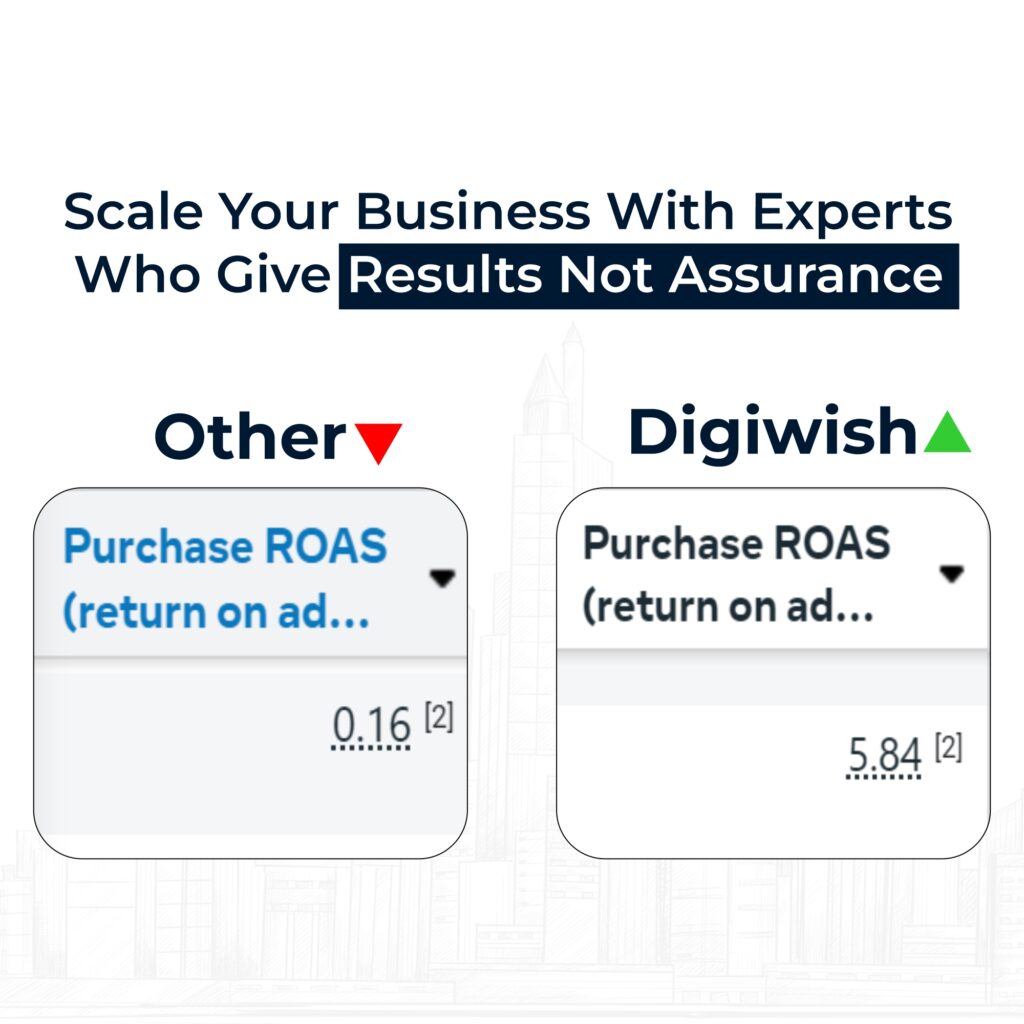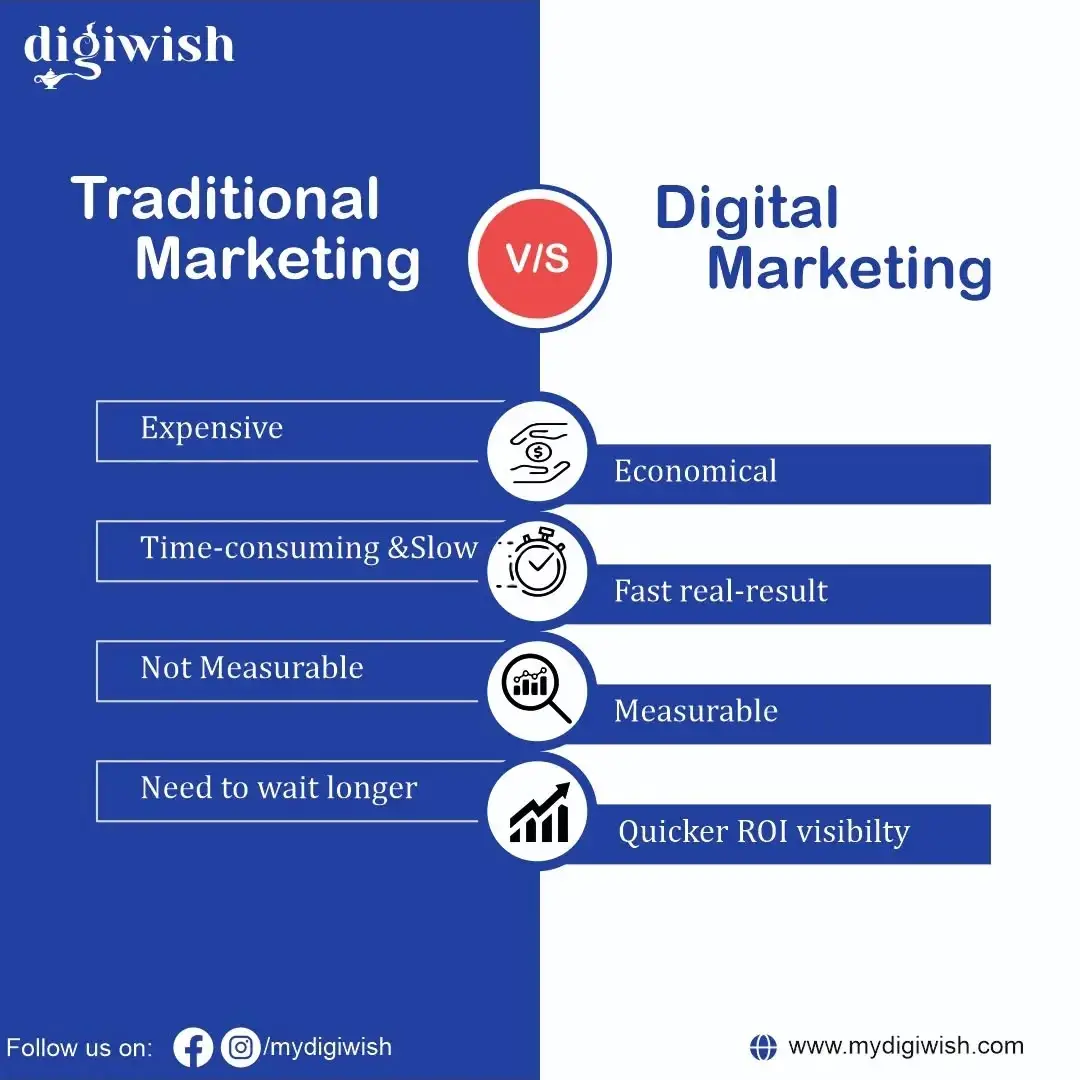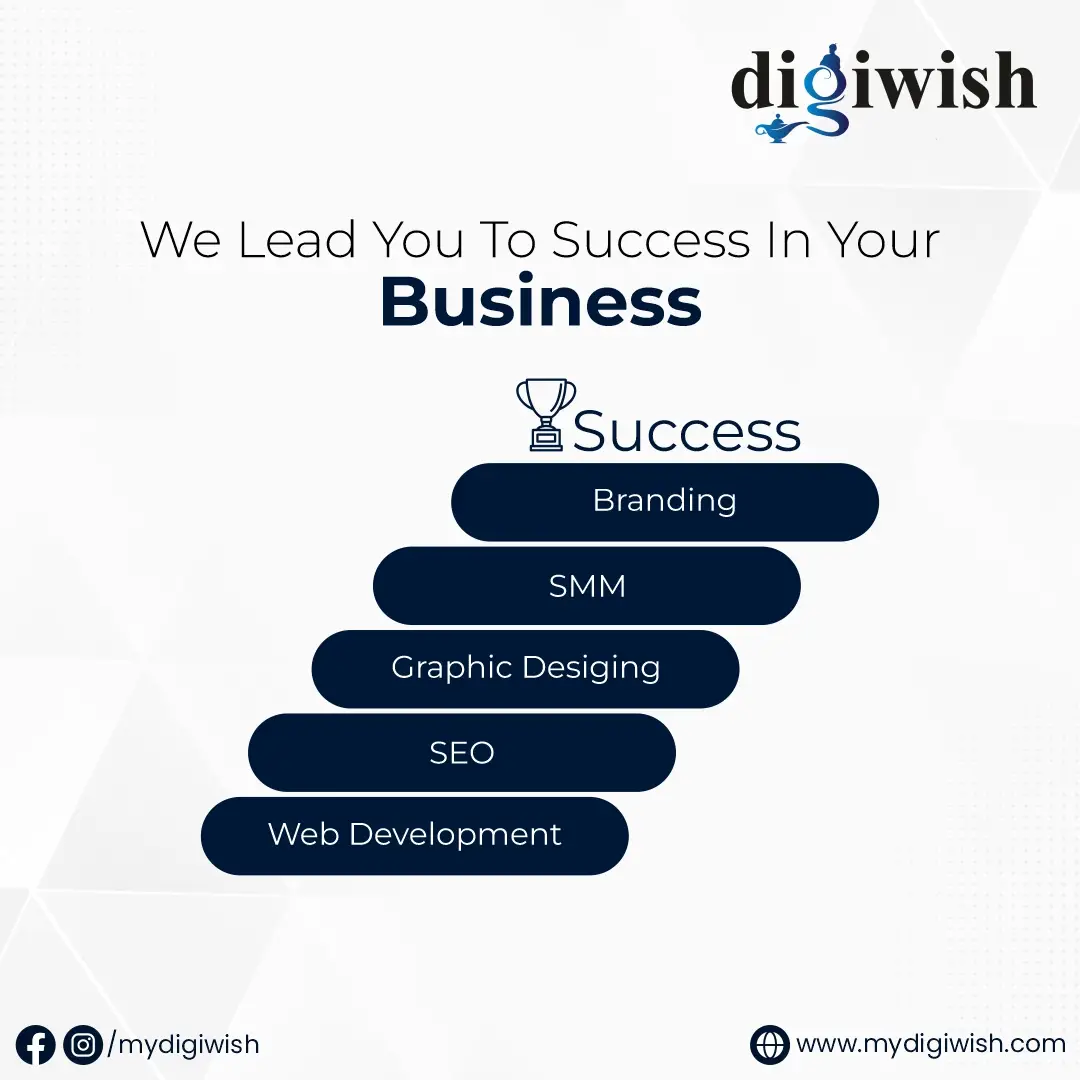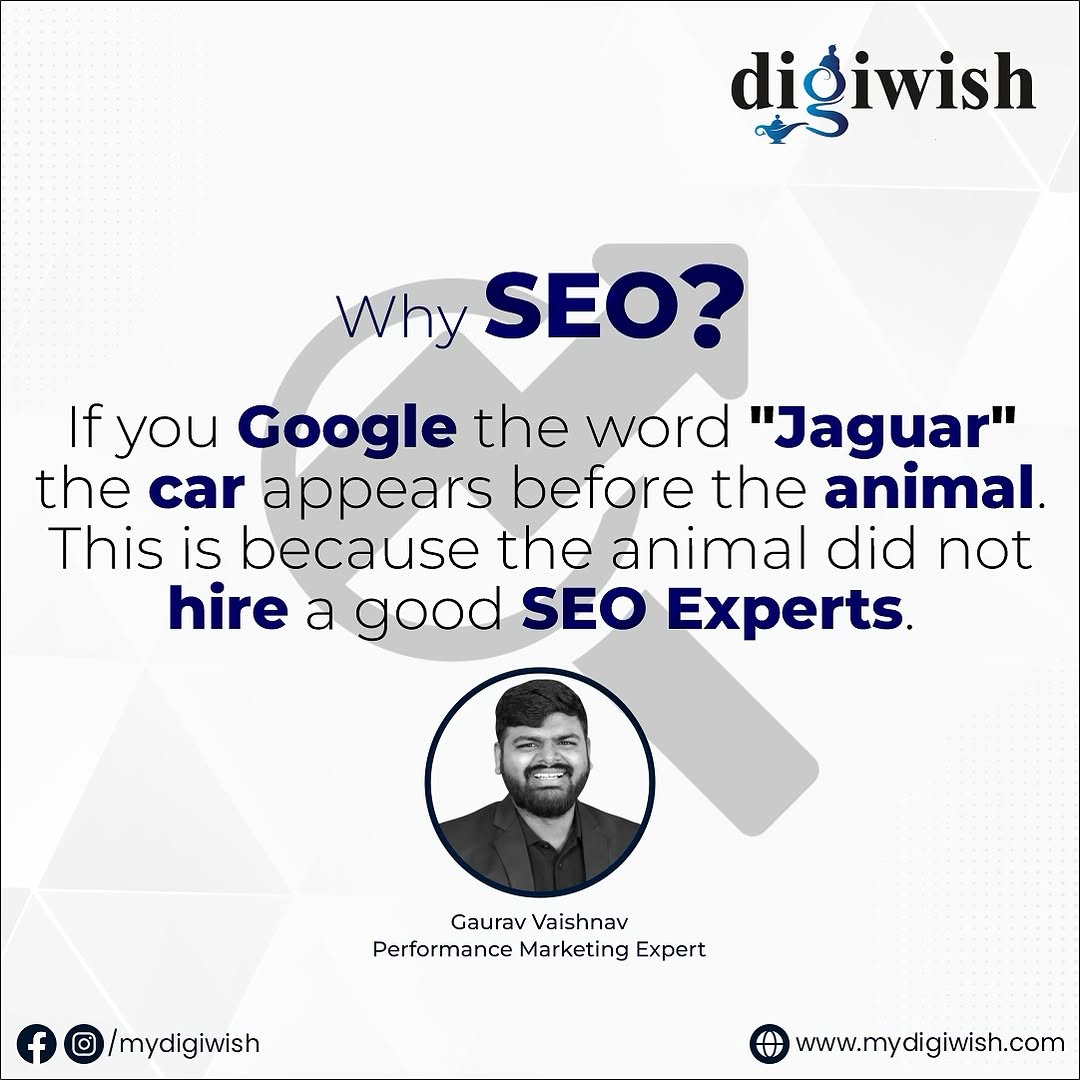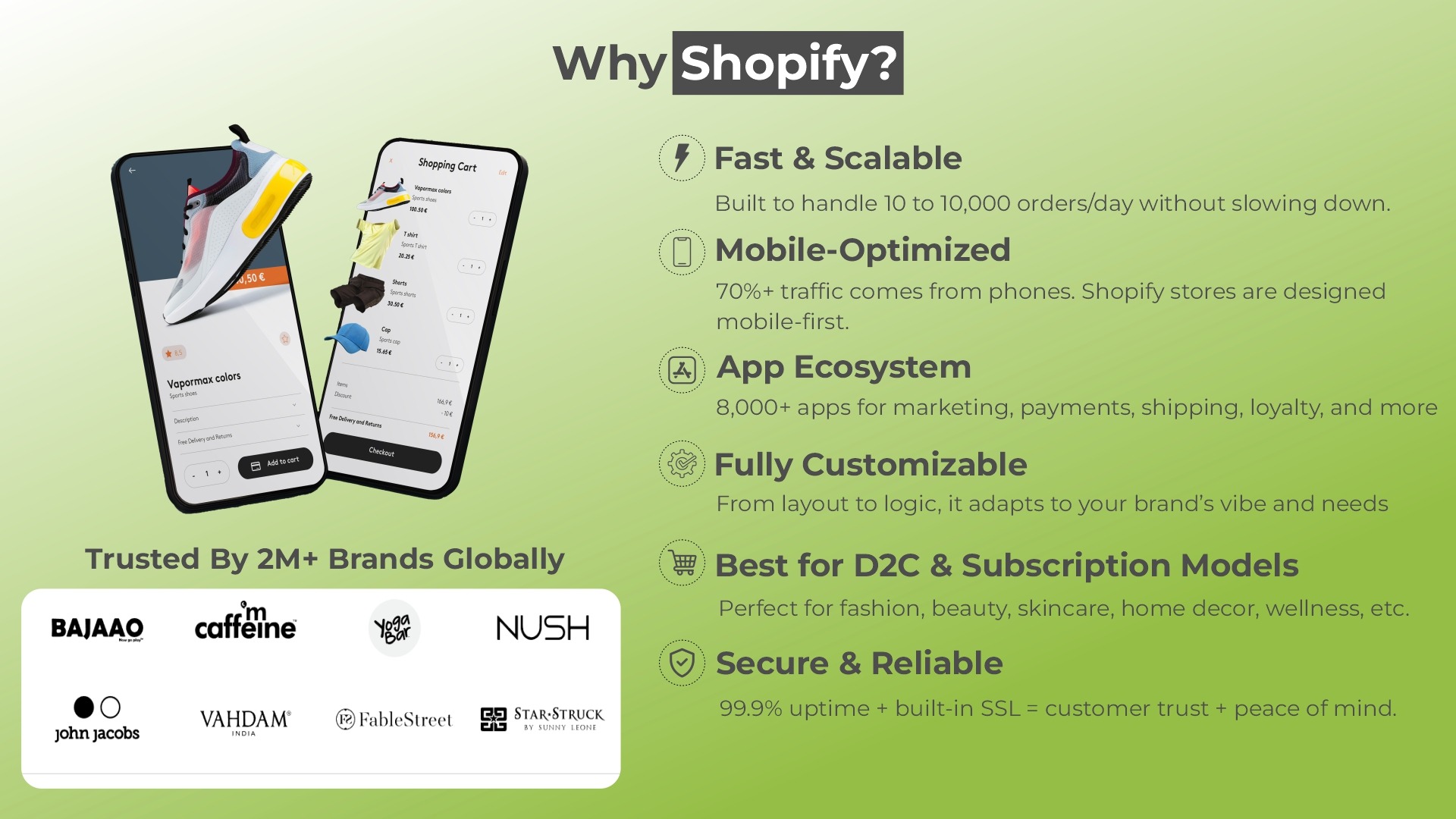SMS Marketing: What It Is + Top Tips & Tools
In the fast-paced digital world, businesses are constantly looking for effective ways to connect with their customers. While social media, SEO, and paid ads dominate conversations, SMS marketing remains one of the most direct and powerful tools to engage audiences. With open rates as high as 98%, SMS ensures that your brand message is seen almost instantly—making it a must-have strategy for any digital marketing agency, website development company, or growing business.

This article will break down what SMS marketing is, why it’s effective, and the top tips and tools to make it work for you.
What is SMS Marketing?
SMS marketing involves sending promotional or transactional messages via text to your audience’s mobile phones. Unlike email, which can get buried in crowded inboxes, SMS has an almost guaranteed open rate because people check their phones multiple times a day.
Businesses use SMS marketing for:
-
Promotions and Discounts: Limited-time offers sent directly to customers.
-
Reminders: Appointment reminders, payment due dates, or subscription renewals.
-
Alerts and Notifications: Shipping updates, order confirmations, or new product launches.
-
Customer Engagement: Polls, feedback requests, or personalized recommendations.
For brands aiming to scale, a best performance marketing agency in India often integrates SMS campaigns alongside social media and paid ads to maximize ROI.
Why Businesses Should Use SMS Marketing
-
High Engagement – Compared to email’s 20% open rate, SMS boasts nearly 98%.
-
Cost-Effective – Sending bulk SMS is affordable and yields measurable returns.
-
Instant Reach – Most texts are read within 3 minutes of delivery.
-
Personalization – Messages can be tailored to user behavior, increasing conversion rates.
-
Omnichannel Strategy Support – A best digital marketing agency Hyderabad or any global marketing firm integrates SMS with email, push notifications, and social ads for a complete funnel.
For example, an eCommerce business built by the Best Shopify Development Company in India can use SMS to send cart abandonment reminders, turning lost leads into paying customers.
Top Tips for Effective SMS Marketing
To maximize results, follow these proven tips:
1. Get Permission First
Always use opt-in lists. Sending unsolicited texts can harm your brand reputation and even violate regulations.
2. Keep it Short and Simple
SMS has a 160-character limit. Make your message clear, concise, and action-oriented. Example:
“FLASH SALE! 20% off all dresses today only. Shop now: [link]”
3. Personalize Messages
Use customer names, purchase history, or preferences. Personalized messages increase response rates by over 40%.
4. Include a Strong CTA
Always end with a call to action: “Shop Now,” “Claim Offer,” “Reply YES to confirm.”
5. Timing is Key
Send messages when customers are most likely to engage—usually between 9 AM–8 PM. Avoid late-night messages that may feel intrusive.
6. Integrate with CRM
A website development company or Best SEO agency in India can help integrate SMS with your CRM system, ensuring customer data is used effectively for targeted campaigns.
7. Test and Measure
A/B test different offers, CTAs, and timings. Measure delivery, open, and conversion rates to refine your strategy.
Best Tools for SMS Marketing
Choosing the right tool can make SMS marketing easier and more effective. Here are some of the best:
-
Twilio
-
A developer-friendly platform with advanced integrations.
-
Perfect for large enterprises and digital marketing agencies managing multiple clients.
-
-
Klaviyo
-
Popular for eCommerce, especially Shopify stores.
-
Works seamlessly with websites built by the Best Shopify Development Company in India.
-
-
EZ Texting
-
Great for small to medium businesses.
-
Offers templates, scheduling, and analytics.
-
-
Omnisend
-
Designed for omnichannel campaigns, combining email + SMS.
-
Trusted by many best performance marketing agencies in India for its automation features.
-
-
SimpleTexting
-
User-friendly with automation, keyword-based campaigns, and integrations with CRMs.
-
-
SMSBump (by Yotpo)
-
A Shopify-exclusive SMS marketing tool.
-
Ideal for boosting sales through cart recovery campaigns.
-
SMS Marketing + Digital Strategy
The true power of SMS marketing lies in integration. When combined with SEO, paid ads, and social media, SMS enhances engagement and conversions.
-
A best digital marketing agency Hyderabad may use SMS to nurture leads collected from Facebook ads.
-
The Best SEO agency in India can add SMS reminders for webinars or product launches.
-
A website development company can integrate SMS notifications into custom eCommerce sites.
-
The Best Shopify Development Company in India can set up automated texts for order confirmations, shipping updates, and upsell promotions.
This makes SMS a vital part of a holistic marketing strategy.
Final Thoughts
SMS marketing isn’t just about sending short messages—it’s about creating meaningful, timely connections with your customers. Whether you are a growing startup, an eCommerce brand, or working with the best performance marketing agency in India, SMS can drive engagement, sales, and loyalty.
By using the right tools, following best practices, and integrating SMS with other channels, businesses can achieve powerful results. In today’s competitive digital landscape, SMS marketing remains a simple yet highly effective way to stand out.
digital marketing agency, best digital marketing agency hyderabad, best performance marketing agency in india, website development company, Best SEO agency in india, Best Shopify development company In India

